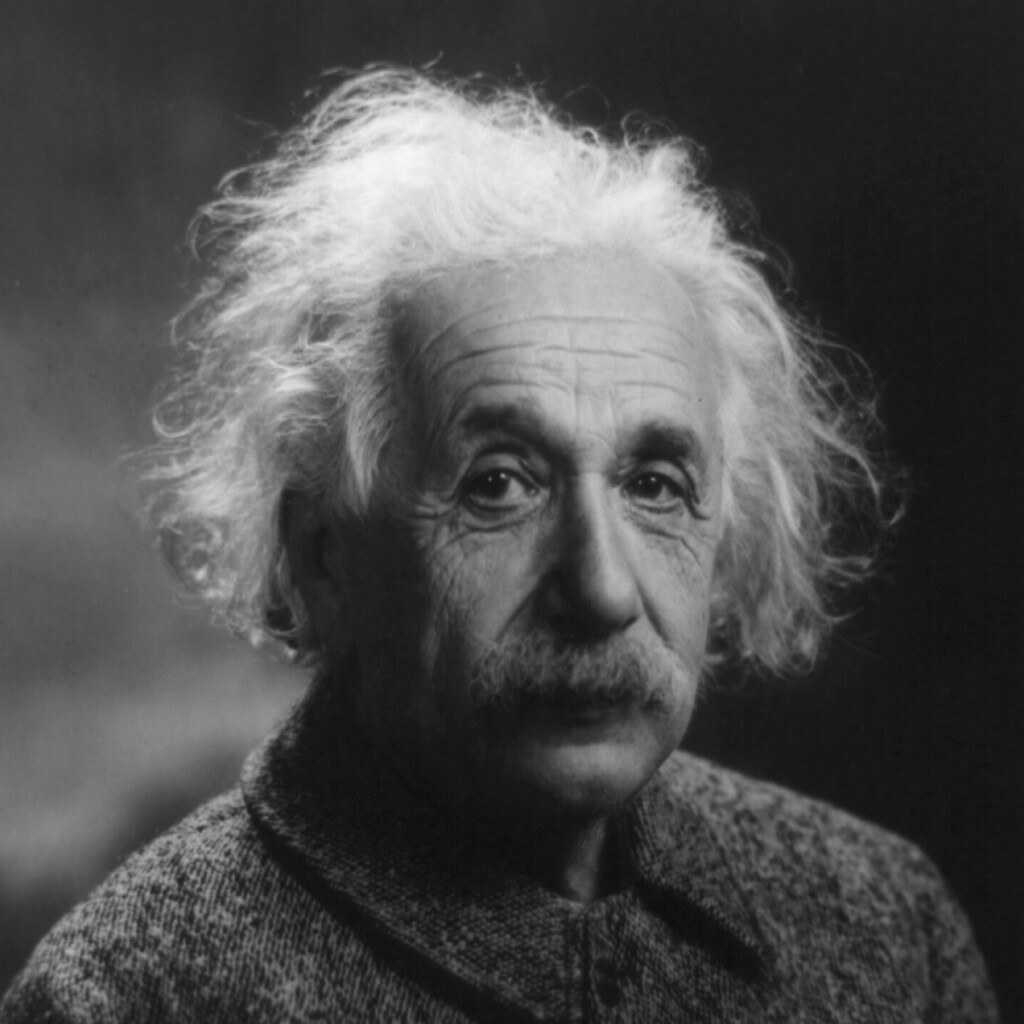Albert Einstein: Unraveling the Mathematical Genius
Albert Einstein, renowned for his groundbreaking contributions to physics, is often celebrated as one of history’s greatest scientific minds. His revolutionary theories, including the theory of relativity, reshaped our understanding of the universe. But how proficient was Einstein in mathematics, the language of the cosmos?
Early Years and Mathematical Curiosity
From a young age, Einstein exhibited a keen interest in mathematics. Born in 1879 in Ulm, Germany, he displayed an exceptional curiosity and talent for abstract thinking. His fascination with mathematics began during his formative years, sparking a lifelong pursuit of understanding the universe’s mysteries through numbers and equations.
Challenges in Formal Education
Despite his natural aptitude, Einstein faced challenges in the structured educational system. He clashed with conventional teaching methods and authority figures, often preferring independent exploration and unconventional approaches to learning. His rebellious spirit led to clashes with educators, yet he persisted in his pursuit of knowledge.
Mathematical Proficiency: A Different Approach
Einstein’s mathematical skills were formidable, although they deviated from the traditional trajectory. He approached mathematical problems with a unique perspective, emphasizing intuition and thought experiments over rigorous calculations. This unconventional approach allowed him to visualize complex concepts, leading to the formulation of his groundbreaking theories.
Contributions to Physics: Insights Born from Mathematics
Einstein’s revolutionary ideas, such as the theory of general relativity and the photoelectric effect explanation, emerged from his profound understanding of mathematical principles. His ability to conceive abstract mathematical constructs enabled him to delve into the deepest mysteries of the universe, elucidating the interplay between space, time, and gravity.
Collaborations and Mathematical Support
While Einstein’s mathematical prowess was unquestionable, he collaborated with several mathematicians who aided in refining the intricate mathematical details of his theories. Mathematicians such as Marcel Grossmann and David Hilbert provided crucial support in formalizing and expressing his ideas in the language of mathematics.
Legacy: Mathematical Genius and Beyond
Einstein’s legacy extends far beyond his mathematical abilities. His work laid the foundation for modern physics, shaping scientific thought for generations to come. His interdisciplinary approach, blending physics, mathematics, and philosophy, inspired future scientists to explore the universe’s mysteries with an open mind and creative thinking.
Conclusion: A Mathematical Maverick
Albert Einstein’s mathematical proficiency was undeniably remarkable, marked by his unconventional methods and unparalleled insights into the workings of the universe. While not a conventional mathematician in the classical sense, his ability to grasp complex mathematical concepts and translate them into revolutionary physical theories cemented his legacy as a scientific luminary.
